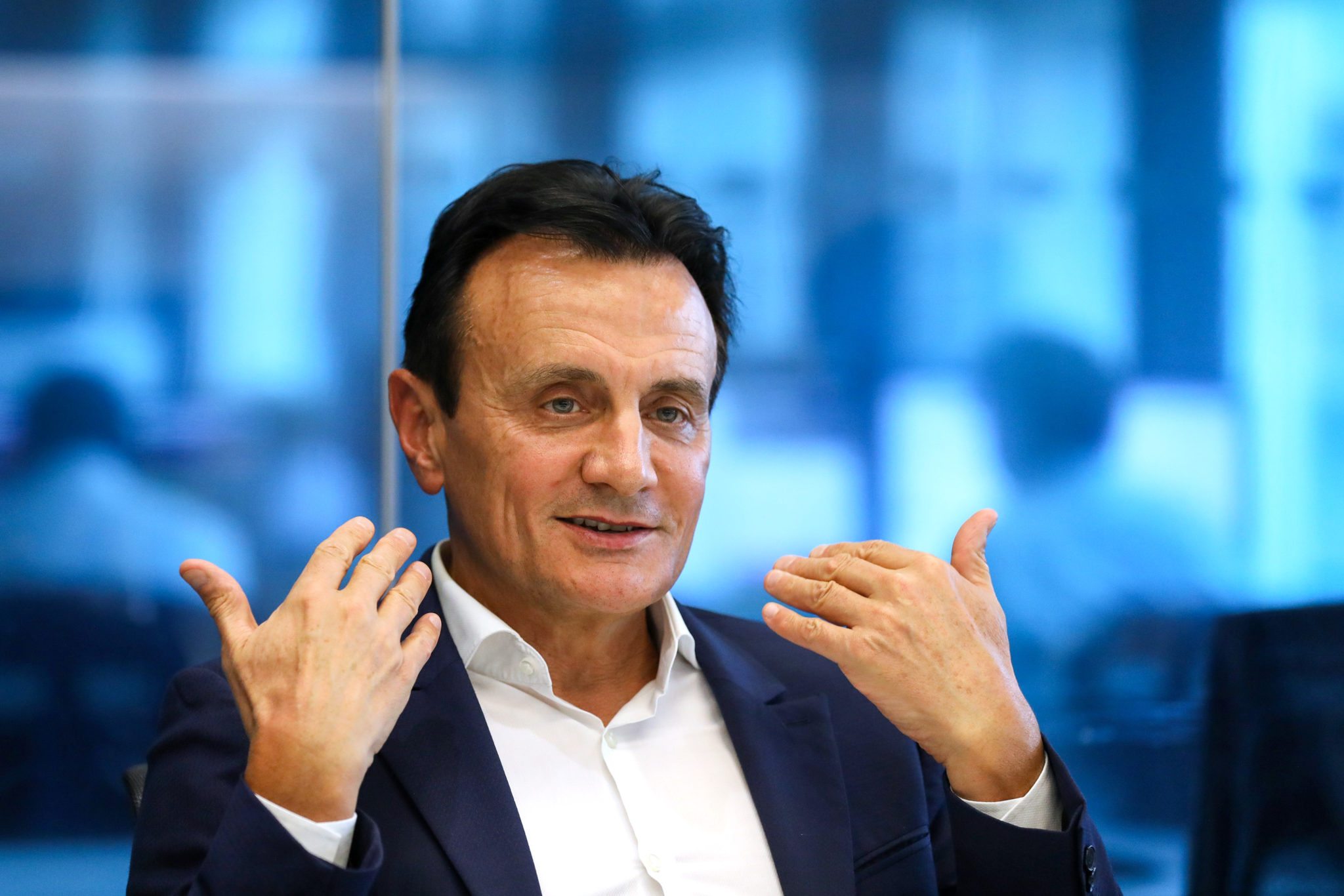
Pascal Soriot, AstraZeneca CEO (Chris Ratcliffe/Bloomberg via Getty Images)
AstraZeneca’s Pascal Soriot says Covid-19 boosters may not be for everyone — report
AstraZeneca CEO Pascal Soriot reportedly thinks that Covid-19 booster shots for young and healthy people may not be wise.
Sign up to read this article for free.
Get free access to a limited number of articles, plus choose newsletters to get straight to your inbox.